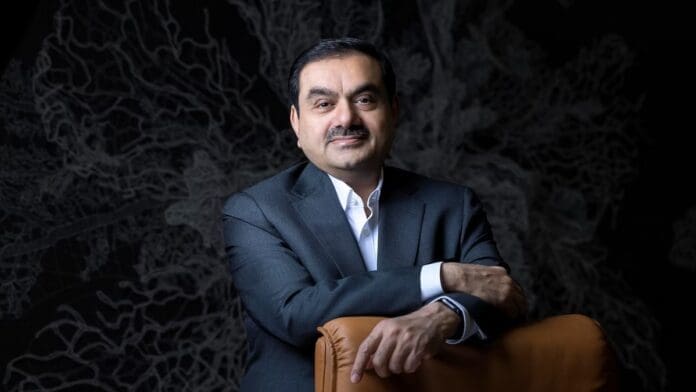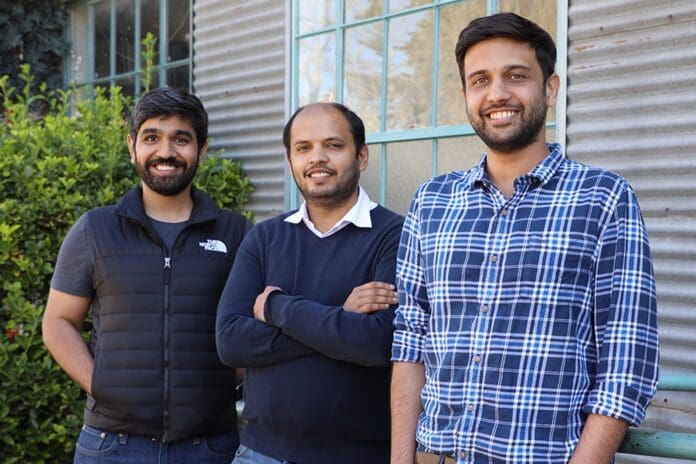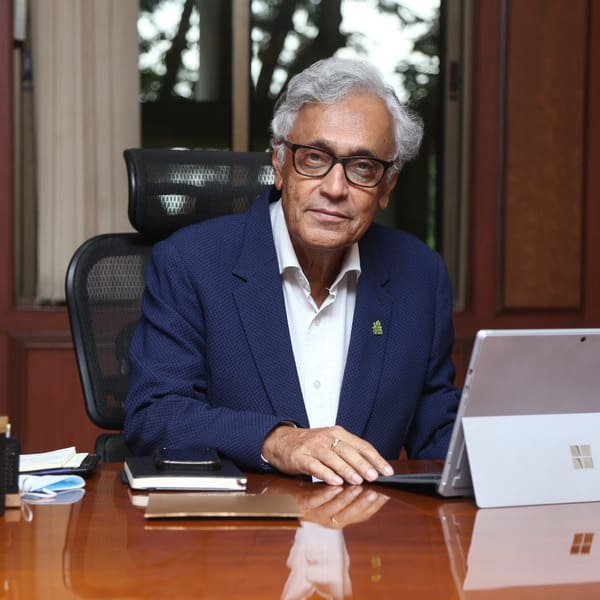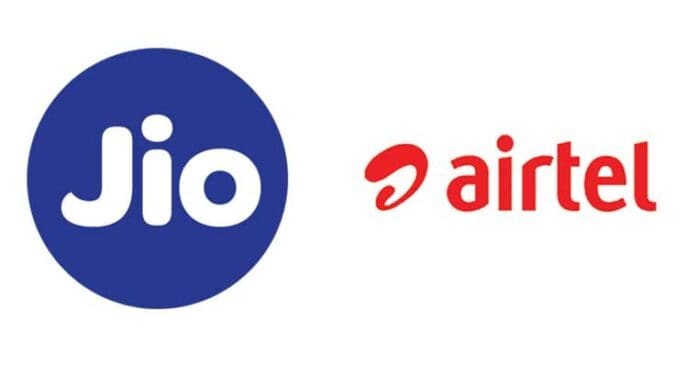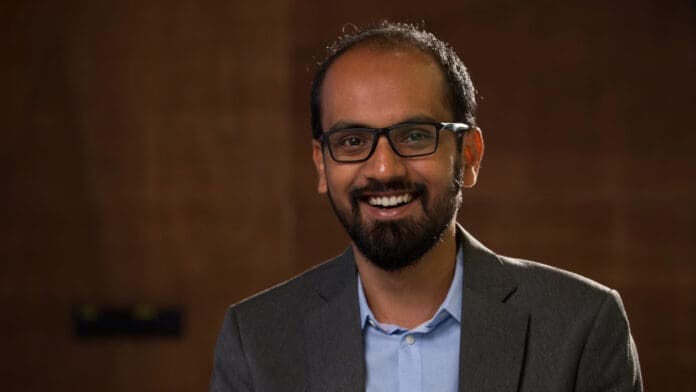CURRYiT, a cooking paste brand, has raised ₹4.5 crore in a seed round co-led by RK Family Trust, Tangent Advisors, and Freeflow Ventures, along with participation from Ramesh Damani, Ajaya Jain, and others. The brand had previously secured $139K in 2021, with RPSG Capital Ventures and IIMU among the investors.
The newly acquired funds will be used to scale up operations, enhance brand marketing efforts, and strengthen distribution channels. According to market research, the Indian ready-to-cook and spices market is projected to grow at a compounded annual growth rate (CAGR) of 15.7%.
Founded in 2020 by Richa Sharma and Nischal Kandula, CURRYiT aims to eliminate the challenges associated with chemicals, preservatives, dehydrated vegetables, and palm oil in cooking products. The company offers a variety of cooking pastes, including options like Kashmiri rogan josh, butter masala, biryani pastes, ginger garlic paste, tomato purees, and instant tadka.
The Delhi-based company claims to have reached over 25,000 pincodes daily and has seen more than 50% month-on-month growth on Q-commerce platforms. The brand plans to quadruple its monthly revenue within the next six months.



